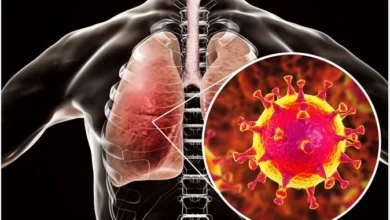Everything You Need to Know About Heart Disease

Heart disease, a prevalent condition affecting millions worldwide, poses significant health risks. Understanding its nuances is pivotal for implementing effective prevention and management strategies. From coronary artery disease to arrhythmias, the spectrum of heart ailments demands attention. Timely recognition of symptoms like chest pain and shortness of breath is vital.
1. What is Heart Disease?

2.Symptoms of Heart Disease
Recognizing symptoms such as chest pain, shortness of breath, and fatigue is essential for early intervention. Seeking prompt medical attention upon experiencing any of these symptoms is imperative for timely diagnosis and treatment, ensuring better outcomes and improved quality of life.
3.Causes and Risk Factors
Heart disease stems from a myriad of causes, including high blood pressure, elevated cholesterol levels, smoking, diabetes, and obesity. Understanding these risk factors empowers individuals to make informed decisions about their health and take proactive steps towards prevention.
4. Diagnosis
Diagnostic tests such as electrocardiograms, stress tests, and echocardiograms are pivotal in identifying heart disease. Regular check-ups and screenings play a crucial role in early detection and intervention, enabling prompt treatment and management of the condition.
5. Treatment Options
Various treatment modalities, ranging from lifestyle modifications to medications and surgical procedures like angioplasty and bypass surgery, are available for managing heart disease. Tailored treatment plans, based on the type and severity of the condition, aim to improve heart function and enhance overall well-being.
6.Living with Heart Disease
Effective management of heart disease necessitates ongoing efforts and support. Incorporating coping strategies and accessing support resources are indispensable for individuals navigating life with heart disease and for their caregivers. By fostering a supportive environment and embracing a proactive approach to health, individuals can enhance their quality of life despite the challenges posed by heart disease.
Conclusion
Understanding heart disease comprehensively is crucial for optimal heart health. By prioritizing prevention, early detection, and management strategies, individuals can lead healthier lives and reduce the burden of heart disease.



